
"Nightingale floors" (uguisubari) in the corridors of the Nijo Castle at the Ninomaru Palace
Overview. Known as the Kyoto residence of the famous leader Tokugawa Ieyasu (the first shogun of the Edo Period), Nijō Castle is a stronghold that represents the prestige and power of the mighty leader known as the unifier of Japan. Construction on the castle was begun in 1601 and finished 25 years later by Ieyasu's grandson Iemitsu.
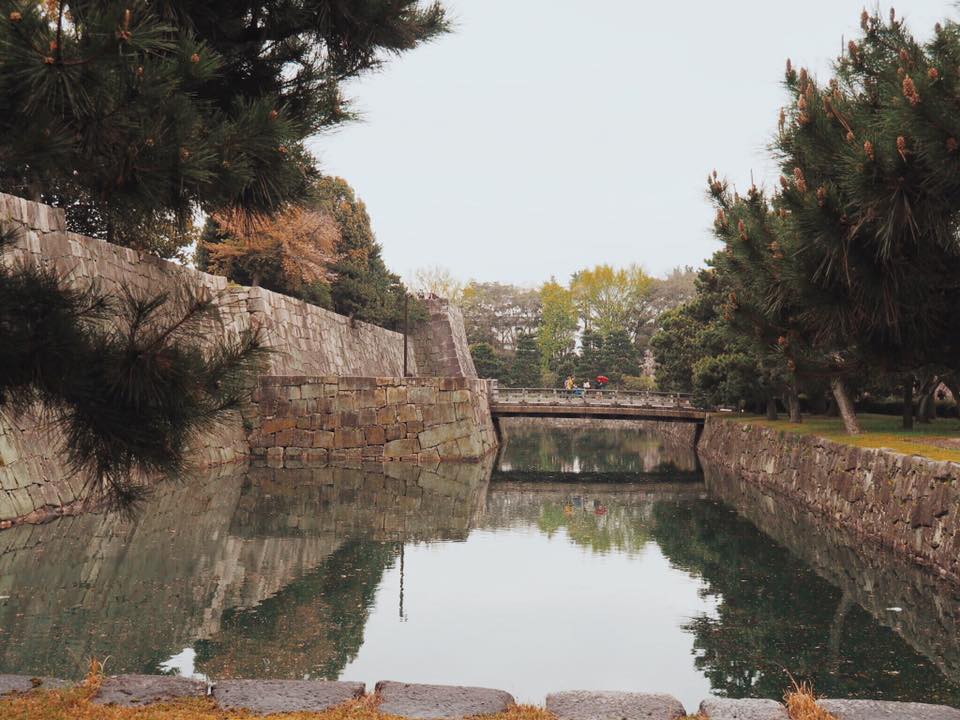
Exploring Nijo Castle In Kyoto Across the Nightingale Floor The Kid Bucket List
The Nijō Castle, a Historic Monument of Ancient Kyoto Daikaku-ji Problems playing this file? See media help Nightingale floors (鴬張り or 鶯張り, uguisubari)listen ⓘ are floors that make a chirping sound when walked upon. These floors were used in the hallways of some temples and palaces, the most famous example being Nijō Castle, in Kyoto, Japan.

Where To See Nightingale Floors In Japan Some Japan
01 Jun 2023 The Nijo-jo Castle English Guided Tour Learn about Kyoto from the experts with a guided tour into some of the city's secrets! This time, follow an expat living in Kyoto as he discovers the story behind Kyoto's magnificent Nijo-jo Castle, and even takes a peek into a typically restricted area! See details on how to participate below.
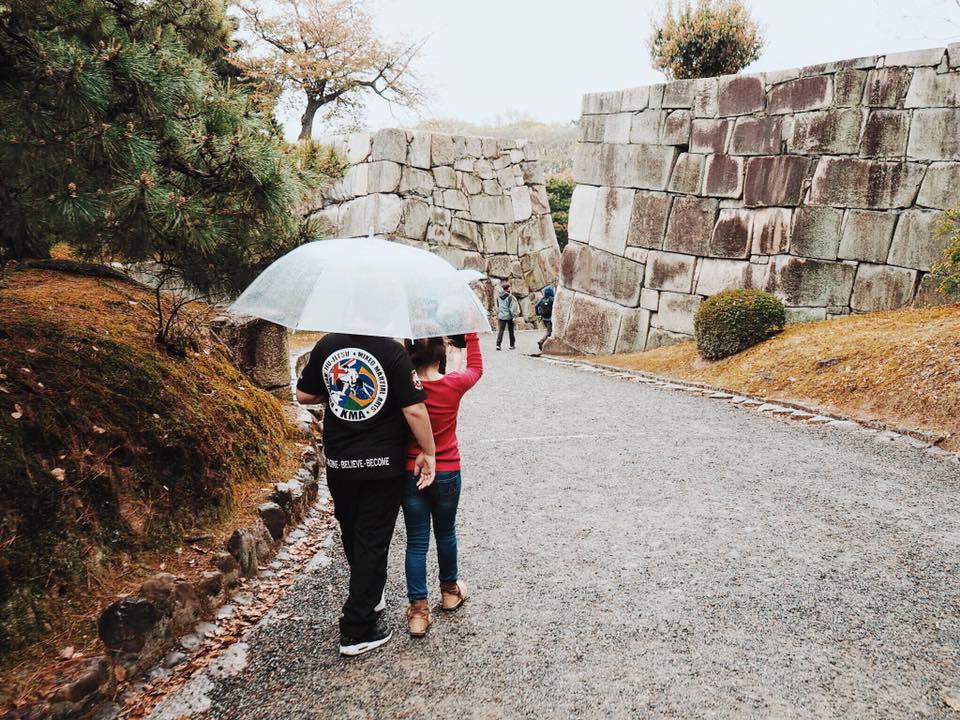
Exploring Nijo Castle In Kyoto Across the Nightingale Floor The Kid Bucket List
Also in the palace are the famous "nightingale floors," which were designed to squeak when steped on and thus alert guards to any intruders. Historic Sites. Nijo-jo Castle. The gorgeous style of this castle was intended as a demonstration of Shogun Tokugawa Ieyasu (1542-1616)'s prestige. Nijo-jo Castle was the residence of the Tokugawa shoguns.
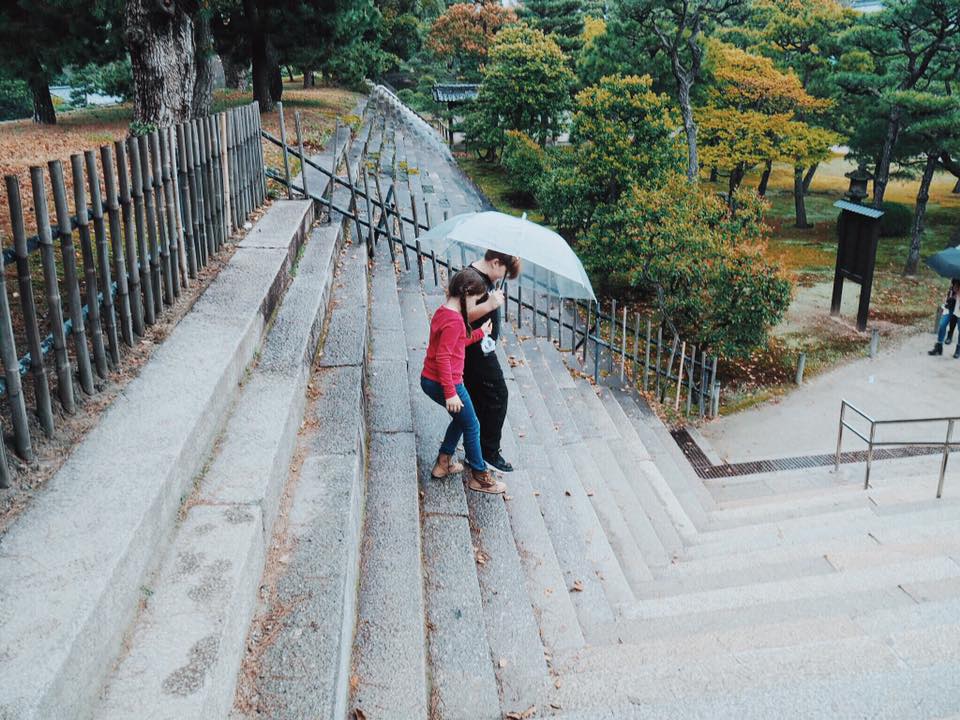
Exploring Nijo Castle In Kyoto Across the Nightingale Floor The Kid Bucket List
The gardens of the Nijo castle in Kyoto, Japan, built in 1603 as the official residence of the first Tokugawa Shogun. The Nijo castle has a nightingale floor. Ulf Andersen/Getty Images In many houses, creaking floors may be part of the home's charm, or perhaps a serious annoyance to teenagers hoping to slip out late at night.
Nightingale Floor An Ancient Japanese Intruder Detection System Amusing
The most famous examples of nightingale floors are found in Kyoto, exhibit A being the Ninomaru Palace within Nijo Castle - where the sound of chirping fills the air due to the extensive nightingale floor installation and the number of tourists going through the palace.
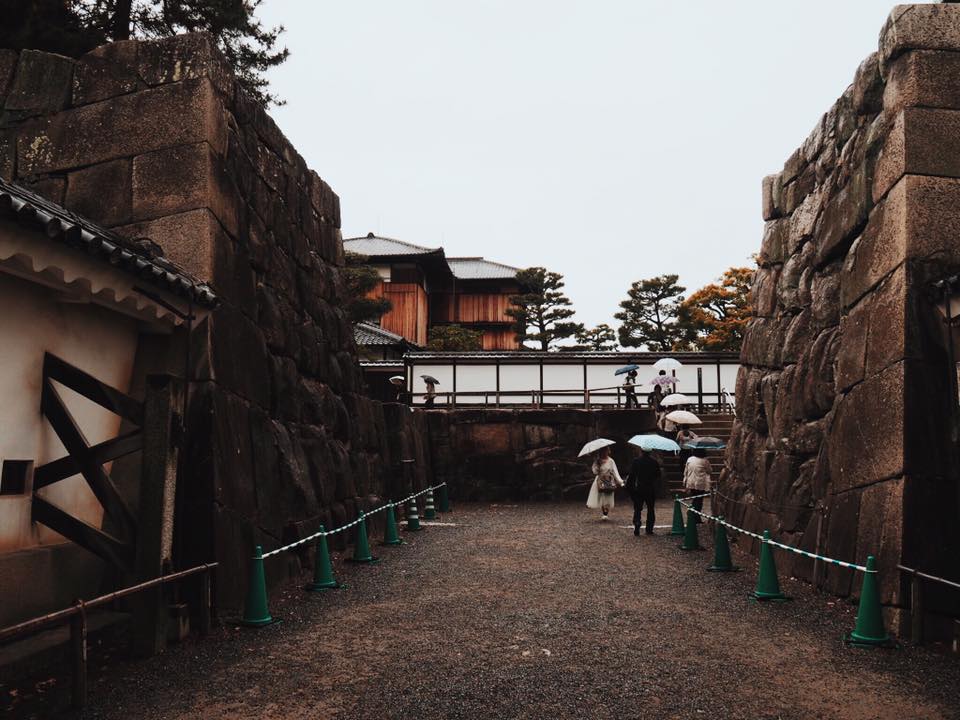
Exploring Nijo Castle In Kyoto Across the Nightingale Floor The Kid Bucket List
541 Nijo-jo-cho, Horikawa-nishi-iru, Nijo-jo-dori, Nakagyo-Ku, Kyoto 604-8301 Kyoto Prefecture. No district of Kyoto is quite as representative of its blended nature as the City Center. By day, the covered shopping arcades along Kawaramachi and Shijo Street bring deal hunters and fashionistas out in droves to peruse the clothing, accessories.
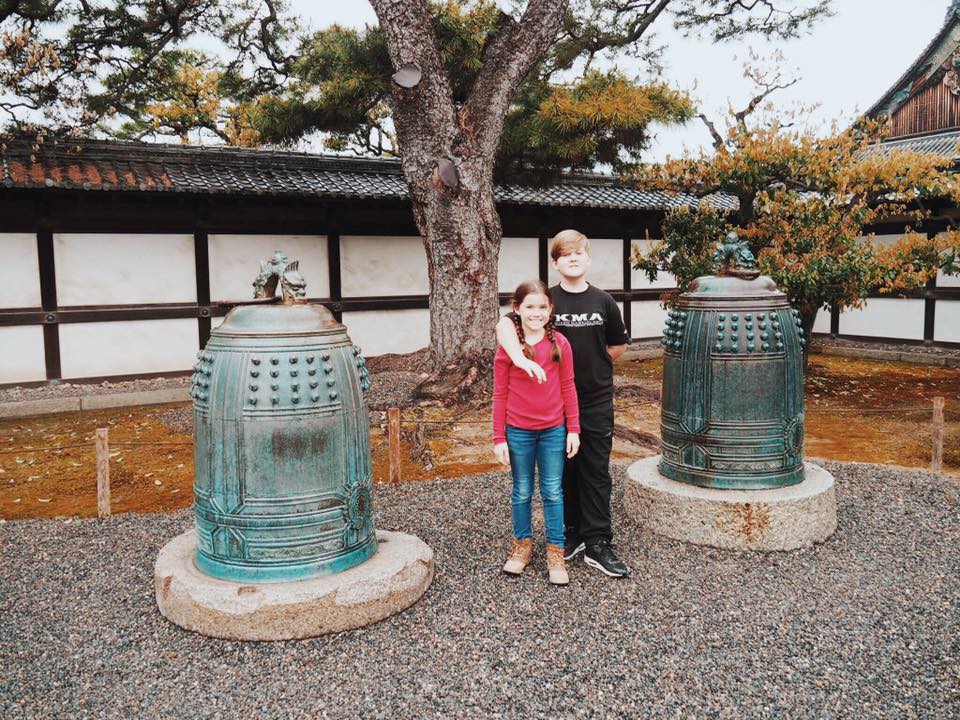
Exploring Nijo Castle In Kyoto Across the Nightingale Floor The Kid Bucket List
Which leads us to Nijō Castle, a large fortification situated in the former Japanese capital of Kyoto. This castle is known for having perhaps the best example of the Japanese Nightingale flooring system, which was specially designed to catch uninvited guests penetrating the castle's boundaries.
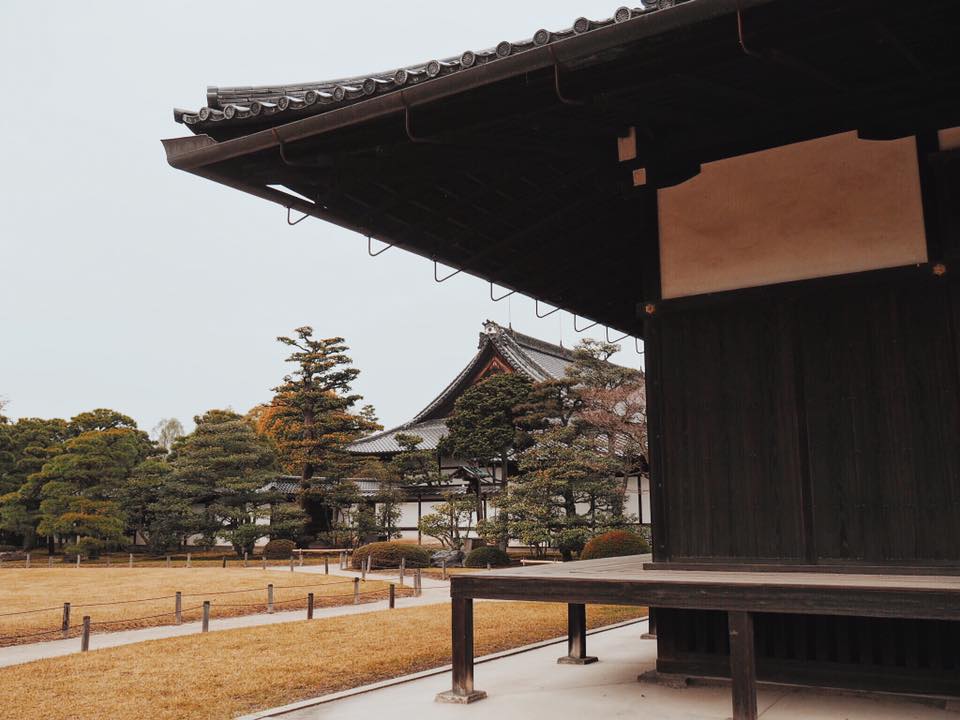
Exploring Nijo Castle In Kyoto Across the Nightingale Floor The Kid Bucket List
Home - Destinations - Asia - Japan - What to See at NIJO CASTLE in KYOTO (10 Things to Know Before You Visit) A visit to Nijo Castle in Kyoto needs to be a part of your itinerary to Kyoto. Find out how to visit, and what to see at Nijo Castle. Here is your handy complete guide to Nijo Castle.
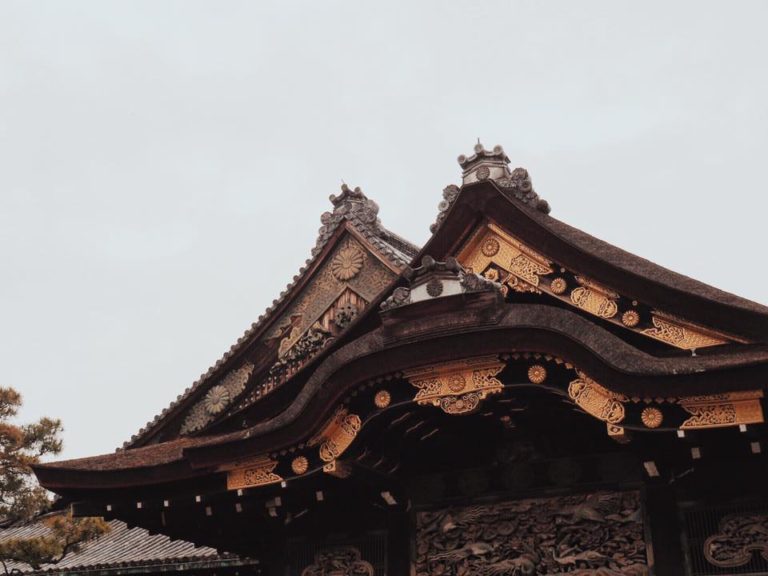
Exploring Nijo Castle In Kyoto Across the Nightingale Floor The Kid Bucket List
The uguisubari or Nightingale Floor was Japan's earliest alarm system, and was essentially a floor that when stepped upon created a shrill chirping noise. Amazing, right? I found it fascinating and could't wait to wander the floor of Nijo Castle and hear it for myself. Walking between rooms at Ninomaru Palace.
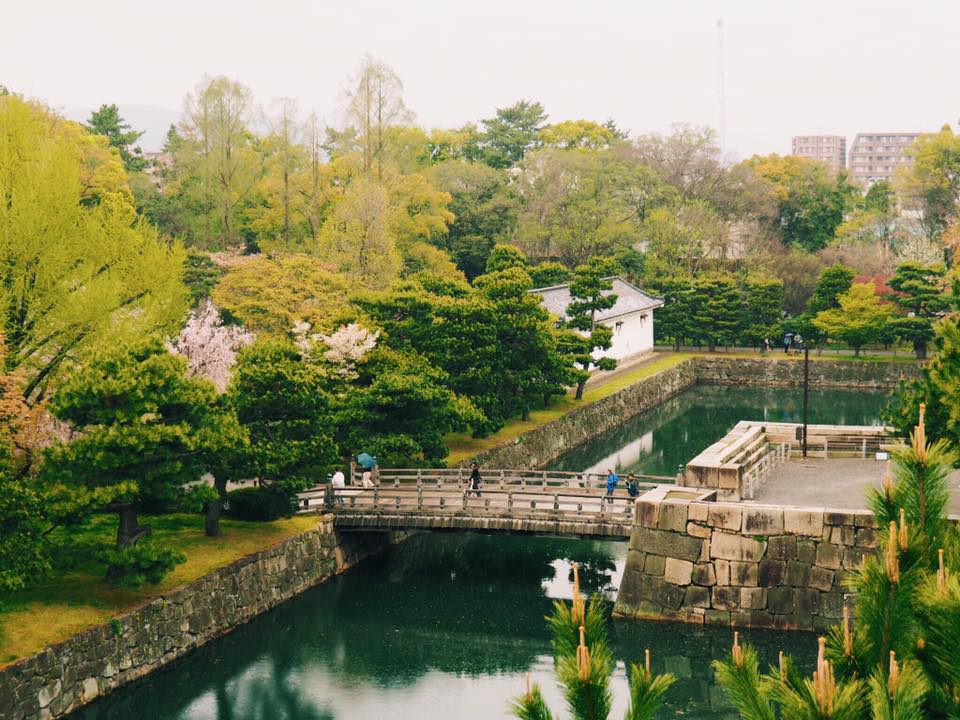
Exploring Nijo Castle In Kyoto Across the Nightingale Floor The Kid Bucket List
Luis Rodriguez spent much of his life in L.A.'s Eastside and he lived in City Terrace during the 1970s. "City Terrace when I lived there was all barrio--no sidewalks, dirt roads, with ravines, hills, vacant lots, old homes," Rodriguez remembers. "My first wife, Camila, grew up there on Herbert. We were 'high school' sweethearts."
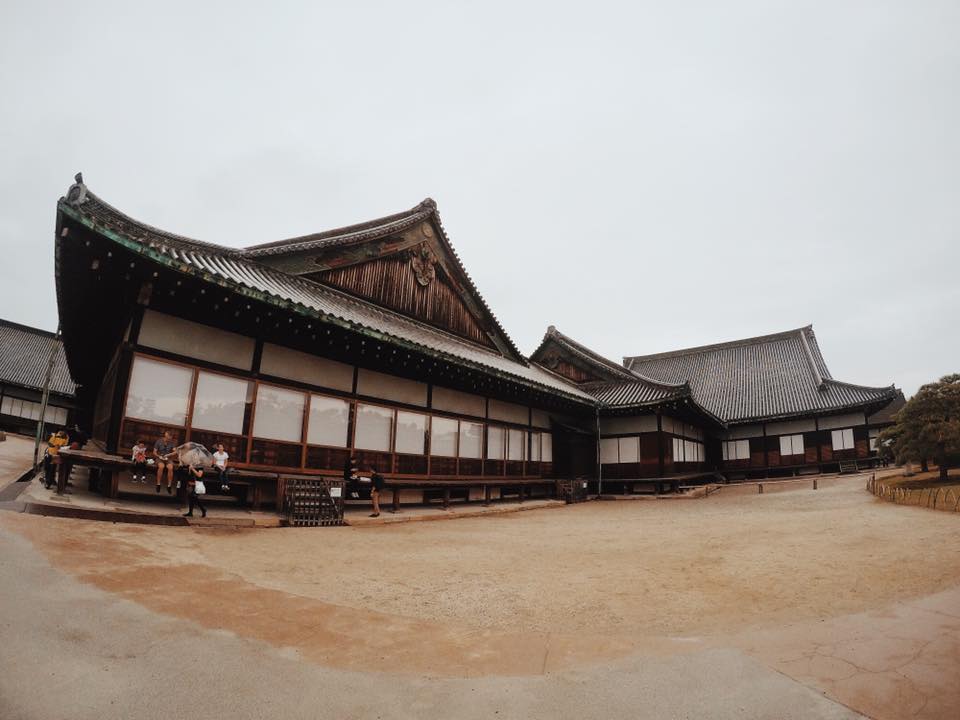
Exploring Nijo Castle In Kyoto Across the Nightingale Floor The Kid Bucket List
Nijo Castle (二条城, Nijōjō) was built in 1603 as the Kyoto residence of Tokugawa Ieyasu, the first shogun of the Edo Period (1603-1867). His grandson Iemitsu completed the castle's palace buildings 23 years later and further expanded the castle by adding a five story castle keep.
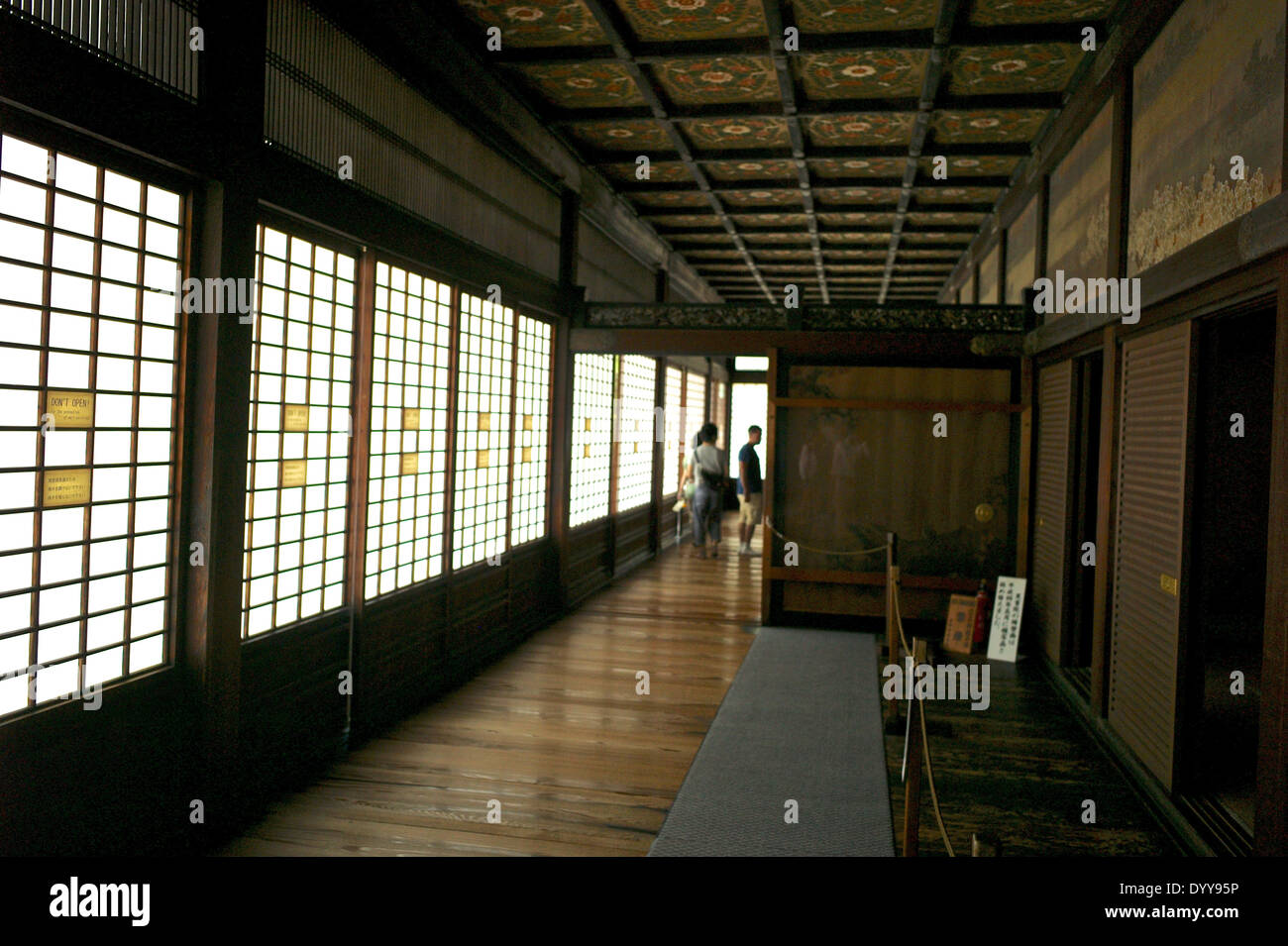
"Nightingale floors" (uguisubari) in the corridors of the Nijo Castle Stock Photo 68826738 Alamy
Inside Ninomaru Palace of the Nijo castle where nightingale floors are installed. Photo credit: Fran Sastre/Flickr Nightingale floors were popular during the Edo period—a period stretching from the early 17th century to the mid-19th century, when Japan was under the rule of the Tokugawa shogunate.

Nightingale floors The samurai intruder alarm system Japan’s had for centuries SoraNews24
Nightingale Floors By Jon Vara Login or Register to download the PDF version of this article. (193.81 kB) Anthony Jones Careful craftsmanship and the right metal fittings are the secret to a long-lasting and loudly chirping floor, as in this example from Nijo Castle in Kyoto, Japan.
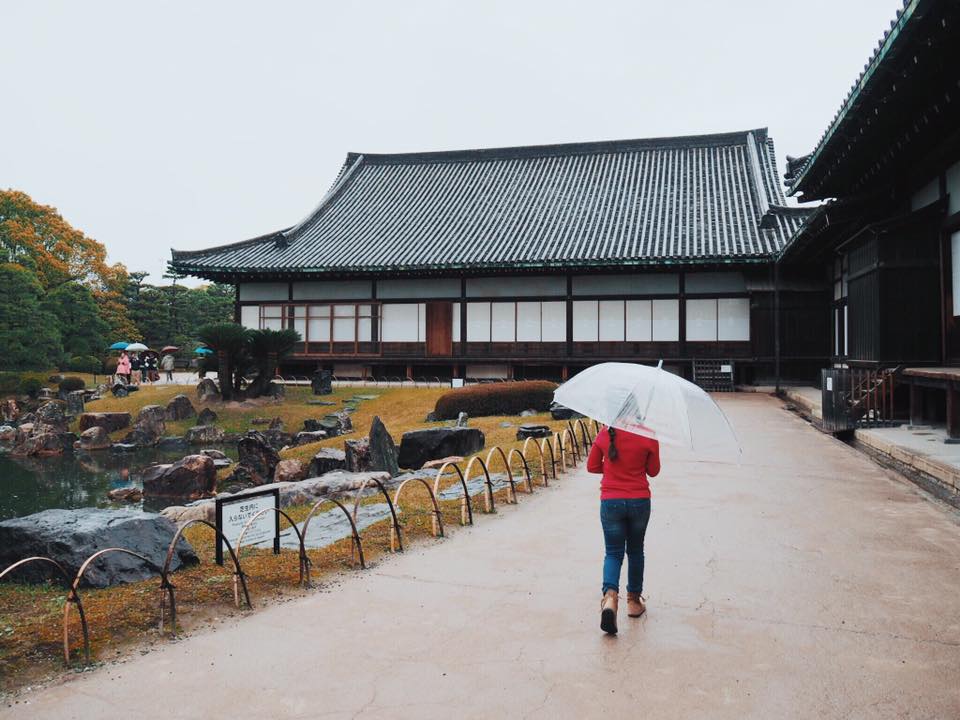
Exploring Nijo Castle In Kyoto Across the Nightingale Floor The Kid Bucket List
Design & Features Nijo Castle has a ground plan which takes the form of two concentric circles with an outer and an inner water-filled moat. The whole complex is surrounded by masonry walls and covers an area of around 500 by 400 metres (1640 x 1312 ft).

Nightingale Floors, Nijo Castle Nijo castle, Flooring, How to apply
Visiting Kyoto could be an overwhelming experience for you, as you can experience the ancient Japanese way of harmony. This time, I would like to introduce a.